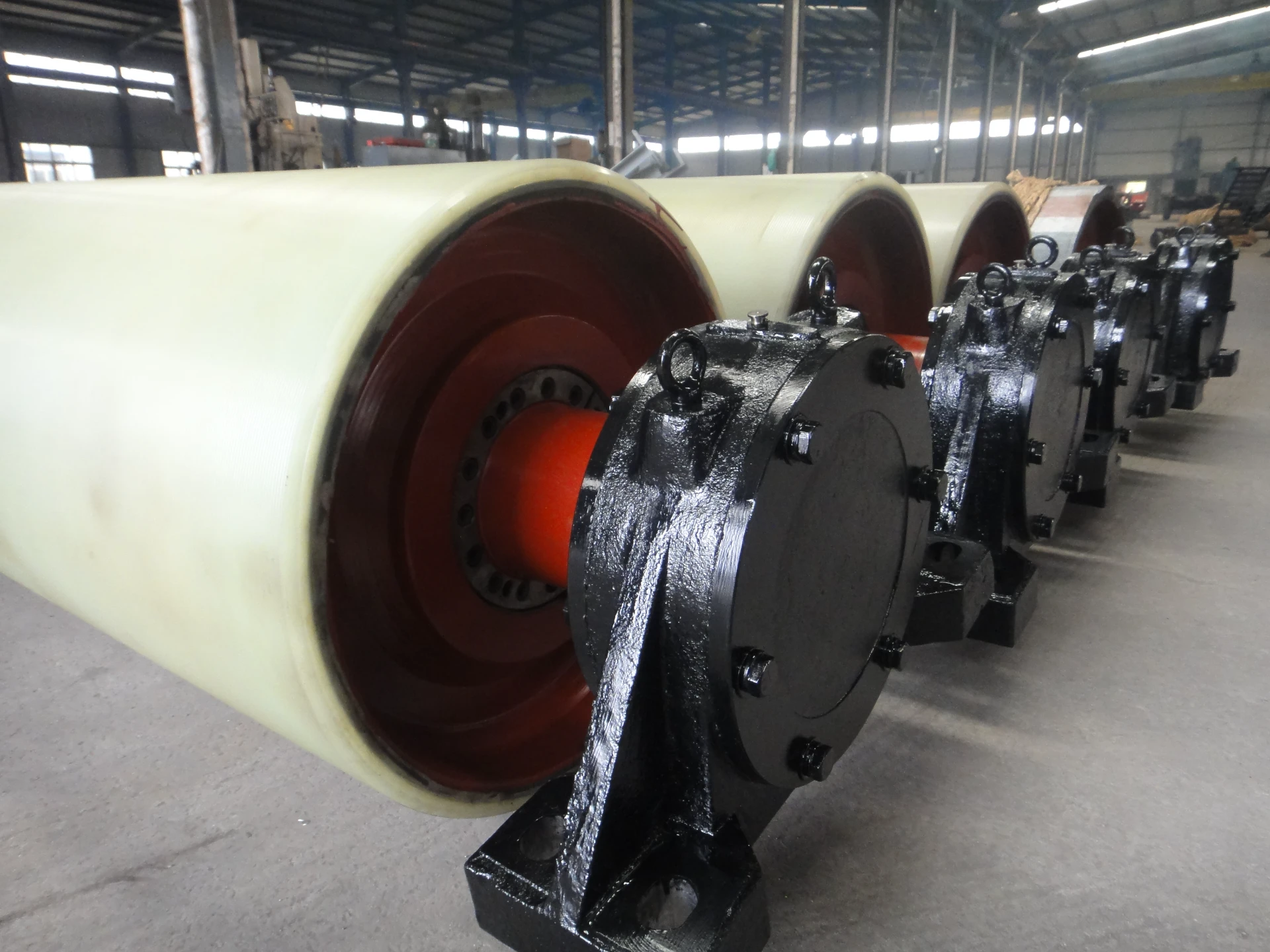 Afrikaans
Afrikaans  Albanian
Albanian  Amharic
Amharic  Arabic
Arabic  Armenian
Armenian  Azerbaijani
Azerbaijani  Basque
Basque  Belarusian
Belarusian  Bengali
Bengali  Bosnian
Bosnian  Bulgarian
Bulgarian  Catalan
Catalan  Cebuano
Cebuano  Corsican
Corsican  Croatian
Croatian  Czech
Czech  Danish
Danish  Dutch
Dutch  English
English  Esperanto
Esperanto  Estonian
Estonian  Finnish
Finnish  French
French  Frisian
Frisian  Galician
Galician  Georgian
Georgian  German
German  Greek
Greek  Gujarati
Gujarati  Haitian Creole
Haitian Creole  hausa
hausa  hawaiian
hawaiian  Hebrew
Hebrew  Hindi
Hindi  Miao
Miao  Hungarian
Hungarian  Icelandic
Icelandic  igbo
igbo  Indonesian
Indonesian  irish
irish  Italian
Italian  Japanese
Japanese  Javanese
Javanese  Kannada
Kannada  kazakh
kazakh  Khmer
Khmer  Rwandese
Rwandese  Korean
Korean  Kurdish
Kurdish  Kyrgyz
Kyrgyz  Lao
Lao  Latin
Latin  Latvian
Latvian  Lithuanian
Lithuanian  Luxembourgish
Luxembourgish  Macedonian
Macedonian  Malgashi
Malgashi  Malay
Malay  Malayalam
Malayalam  Maltese
Maltese  Maori
Maori  Marathi
Marathi  Mongolian
Mongolian  Myanmar
Myanmar  Nepali
Nepali  Norwegian
Norwegian  Norwegian
Norwegian  Occitan
Occitan  Pashto
Pashto  Persian
Persian  Polish
Polish  Portuguese
Portuguese  Punjabi
Punjabi  Romanian
Romanian  Russian
Russian  Samoan
Samoan  Scottish Gaelic
Scottish Gaelic  Serbian
Serbian  Sesotho
Sesotho  Shona
Shona  Sindhi
Sindhi  Sinhala
Sinhala  Slovak
Slovak  Slovenian
Slovenian  Somali
Somali  Spanish
Spanish  Sundanese
Sundanese  Swahili
Swahili  Swedish
Swedish  Tagalog
Tagalog  Tajik
Tajik  Tamil
Tamil  Tatar
Tatar  Telugu
Telugu  Thai
Thai  Turkish
Turkish  Turkmen
Turkmen  Ukrainian
Ukrainian  Urdu
Urdu  Uighur
Uighur  Uzbek
Uzbek  Vietnamese
Vietnamese  Welsh
Welsh  Bantu
Bantu  Yiddish
Yiddish  Yoruba
Yoruba  Zulu
Zulu polyurethane pulley
Exploring the Benefits of Polyurethane Pulleys
Polyurethane pulleys have emerged as a vital component in various industrial applications, recognized for their durability, versatility, and performance. These components are manufactured from polyurethane, a high-performance polymer that offers significant advantages over traditional materials like metal or rubber. This article delves into the properties, benefits, and applications of polyurethane pulleys in modern engineering.
Properties of Polyurethane
Polyurethane is celebrated for its remarkable mechanical properties. It exhibits excellent tensile strength, abrasion resistance, and elasticity, making it an ideal material for pulleys used in demanding environments. The material can withstand extreme temperatures, chemicals, and wear, allowing it to perform reliably in diverse settings.
One of the standout characteristics of polyurethane is its ability to absorb shock and reduce noise. This is particularly beneficial in applications where vibration and sound dampening are crucial, such as in conveyor systems and machinery operations. The flexibility of polyurethane also allows for precise molding into various shapes and sizes, ensuring that pulleys can be designed to meet specific requirements.
Benefits of Polyurethane Pulleys
1. Durability Polyurethane pulleys have an extended service life compared to traditional pulleys. Their resistance to wear and tear means fewer replacements and reduced downtime in industrial operations.
2. Cost-Effectiveness While the initial cost of polyurethane pulleys may be higher than other materials, their longevity translates into lower overall costs. Fewer replacements and maintenance needs contribute to significant savings over time.
polyurethane pulley

3. Versatility Polyurethane can be customized to achieve various hardness levels, making it suitable for a range of applications. Whether used in heavy-duty machinery or delicate equipment, polyurethane pulleys can be tailored to meet specific performance requirements.
4. Lightweight Compared to metal pulleys, polyurethane options are significantly lighter, reducing the load on motors and improving energy efficiency within systems. This reduction in weight can also lead to lower shipping costs and easier handling during installation.
5. Chemical Resistance Polyurethane’s inherent resistance to oils, solvents, and other chemicals makes it suitable for use in challenging environments. Industries such as petrochemicals, food processing, and pharmaceuticals benefit from this property, ensuring that the pulleys maintain integrity even when exposed to harsh substances.
Applications of Polyurethane Pulleys
Polyurethane pulleys find applications across various industries, reflecting their adaptability and performance. In the manufacturing sector, they are commonly used in conveyor systems, where they facilitate the transport of goods with minimal friction. In automotive applications, these pulleys enhance performance in engines and drive systems, contributing to efficiency and durability.
Moreover, in the entertainment industry, polyurethane pulleys are utilized in stage rigging systems, ensuring smooth operation of equipment during performances. The material's sound-absorbing qualities also help reduce noise, enhancing the audience's experience. Furthermore, in telecommunications, polyurethane pulleys are employed in cable management systems, providing reliable support for cables while minimizing wear.
Conclusion
Polyurethane pulleys offer a host of benefits that make them a superior choice for various industrial applications. Their durability, cost-effectiveness, and versatility underscore their importance in modern engineering practices. As industries continue to seek more efficient and reliable components, the adoption of polyurethane pulleys is likely to grow, marking a significant advancement in pulley technology. Whether in manufacturing, automotive, or entertainment, polyurethane pulleys stand out as essential tools that enhance operational efficiency and performance.
-
Revolutionizing Conveyor Reliability with Advanced Rubber Lagging PulleysNewsJul.22,2025
-
Powering Precision and Durability with Expert Manufacturers of Conveyor ComponentsNewsJul.22,2025
-
Optimizing Conveyor Systems with Advanced Conveyor AccessoriesNewsJul.22,2025
-
Maximize Conveyor Efficiency with Quality Conveyor Idler PulleysNewsJul.22,2025
-
Future-Proof Your Conveyor System with High-Performance Polyurethane RollerNewsJul.22,2025
-
Driving Efficiency Forward with Quality Idlers and RollersNewsJul.22,2025





























